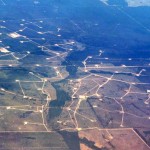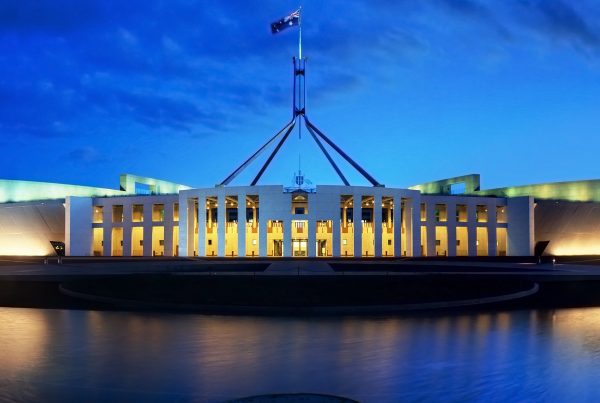An industry can’t easily progress these days unless it has community support. Politicians will normally line up behind the communities they represent (the politicians’ refrain is, “Have you got the community’s support?”).
This concept isn’t a new anymore. It’s been around long enough to have its own name: in sustainability PR parlance it’s ‘the social license to operate’.
There is one exception to the rule: when there is an overwhelming strategic need for something unpopular that politicians know we need, but are finding it a hard sell; in which case they simply have to work harder to argue for community support. There are numerous examples, the most obvious being complex economic reform (GST, bank deregulation, tax reform, carbon tax).
So it is with coal seam gas. We don’t want it but we need it – that the fuel security reality. More accurately the argument is, in the future we will need all the energy we can get. Hence the support for CSG from senior politicians like Simon Crean and Martin Ferguson and the Queensland and NSW governments.
Or so it was. However, the industry has made such a mess of its community relations, that it is now a brave or foolish politician that will support it, no matter how great the need.
Ferguson has turned; a few days ago The Australian published Martin Ferguson’s most recent view:
“Minister Martin Ferguson has admitted the coal-seam gas industry is growing too quickly, and has called for strict adherence to scientific principles in its development.”
The nation’s top science organisation, the CSIRO:
“Predicting environmental impact of coal seam gas developments on Australia’s water resources will rely on a thorough understanding of groundwater systems and water flows.”
Then there are the Greens. Well, we expect them to want to freeze exploration.
But the independents? Tony Windsor who is now refusing to back the government’s planned mining tax unless it agrees to hundreds of millions of dollars for regional studies, and Bob Katter wants exploration to stop for 12 months while scientists examine how gas extraction impacts on underground water supplies. The government is helpless without the support of the Greens and Independents.
Here’s the prediction: the government will have to find a way to sort the industry’s mess out, because the senior strategists know we need this cheaper, cleaner energy source.
And the energy security reality is that we won’t import it. As Daniel Yergin writes in his tome, The Quest, the plentiful supply of energy is integrally linked to political and economic stability. Governments can change if energy runs short or becomes too expensive; just ask angry passengers when the trains or planes stop. And there have been several energy crises that have had serious repercussions on economies, one being the price spike in fuel in the US and its contribution to the GFC.
As the emerging massive middle classes in Russia, India and China demand higher energy consumption (and 240 million Indonesians in our region), we will need all the energy we can get. And these projects take years to bring online.
It’s hard to believe that the CSG explorers can get it so wrong. We don’t yet know whetherthe UK reports linking frakking to earth temours are credible or not – many people are now deaf to the industry’s claim that ‘she’ll be right’.
Which leads us to Ben Cubby’s explanation (SMH, Nov 12) of the risk extracting coal seam gas poses to the Great Artesian Basin, the enormous reservoir of water under Australia. It’s a comprehensive read:
“This will all have to be done without turning the fragile Great Artesian Basin into a continent-sized pin cushion.
It is probably one of the greatest engineering challenges undertaken in Australia, and the companies planning the operation exude confidence that the technical problems can be overcome. About $50 billion in investment, not to mention the long-term integrity of Australia’s groundwater, is riding on them being right.”
It’s a bit like a bad dream – normally the activists would have an uphill battle to stop the coal seam gas explorers, but in their case ‘Who needs enemies when………’.





